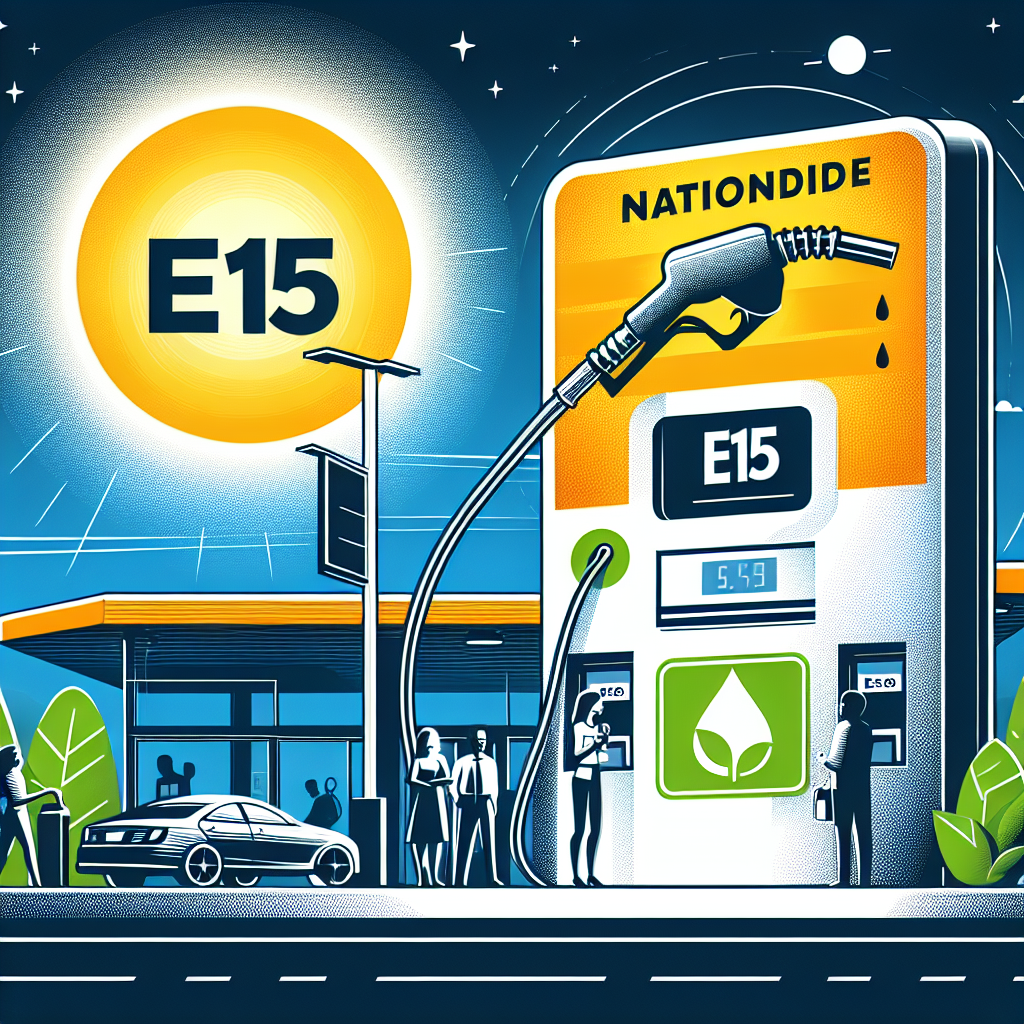EPA Approves Nationwide Summer Sale of Cost-Effective E15 Gasoline
EPA Approves Nationwide Summer Sale of Cost-Effective E15 Gasoline
Introduction
The Environmental Protection Agency (EPA) has announced a significant policy shift by approving the nationwide sale of E15 gasoline during the summer months. This decision marks a pivotal moment in the U.S. energy landscape, aiming to balance economic, environmental, and consumer interests.
What is E15 Gasoline?
E15 gasoline is a blend of 15% ethanol and 85% gasoline. It is known for being a more environmentally friendly and cost-effective alternative to traditional gasoline blends.
Key Benefits of E15 Gasoline
- Cost-Effective: E15 is generally cheaper than regular gasoline, offering potential savings for consumers.
- Environmental Impact: The higher ethanol content reduces greenhouse gas emissions, contributing to cleaner air.
- Energy Independence: Increased use of ethanol supports domestic energy production, reducing reliance on foreign oil.
Implications of the EPA’s Decision
The EPA’s approval for the summer sale of E15 gasoline is expected to have several implications:
- Market Expansion: Retailers can now offer E15 year-round, potentially increasing its market share.
- Consumer Choice: Drivers have more fuel options, allowing them to choose based on price and environmental considerations.
- Industry Response: The decision may prompt further investment in ethanol production and infrastructure.
Challenges and Considerations
Despite its benefits, the widespread adoption of E15 faces challenges:
- Vehicle Compatibility: Not all vehicles are designed to run on E15, which may limit its use among certain consumers.
- Infrastructure Needs: Gas stations may require upgrades to accommodate E15, posing initial financial hurdles.
Conclusion
The EPA’s approval of E15 gasoline for summer sale represents a strategic move towards more sustainable and cost-effective fuel options. While it offers numerous benefits, the transition will require addressing vehicle compatibility and infrastructure challenges. Overall, this decision is a step forward in promoting cleaner energy and enhancing consumer choice.






































